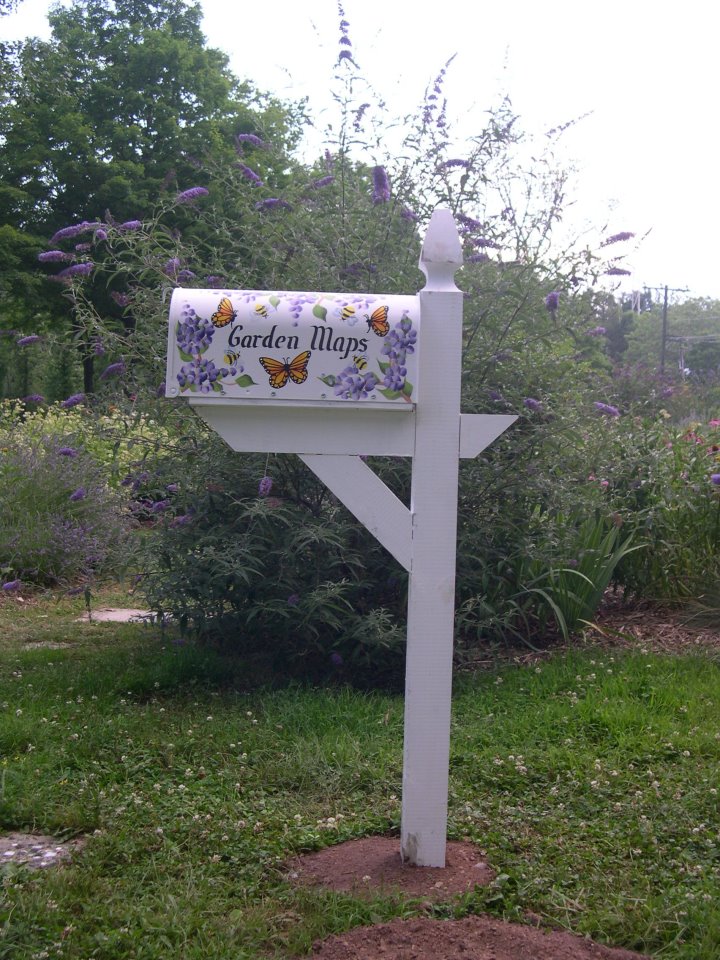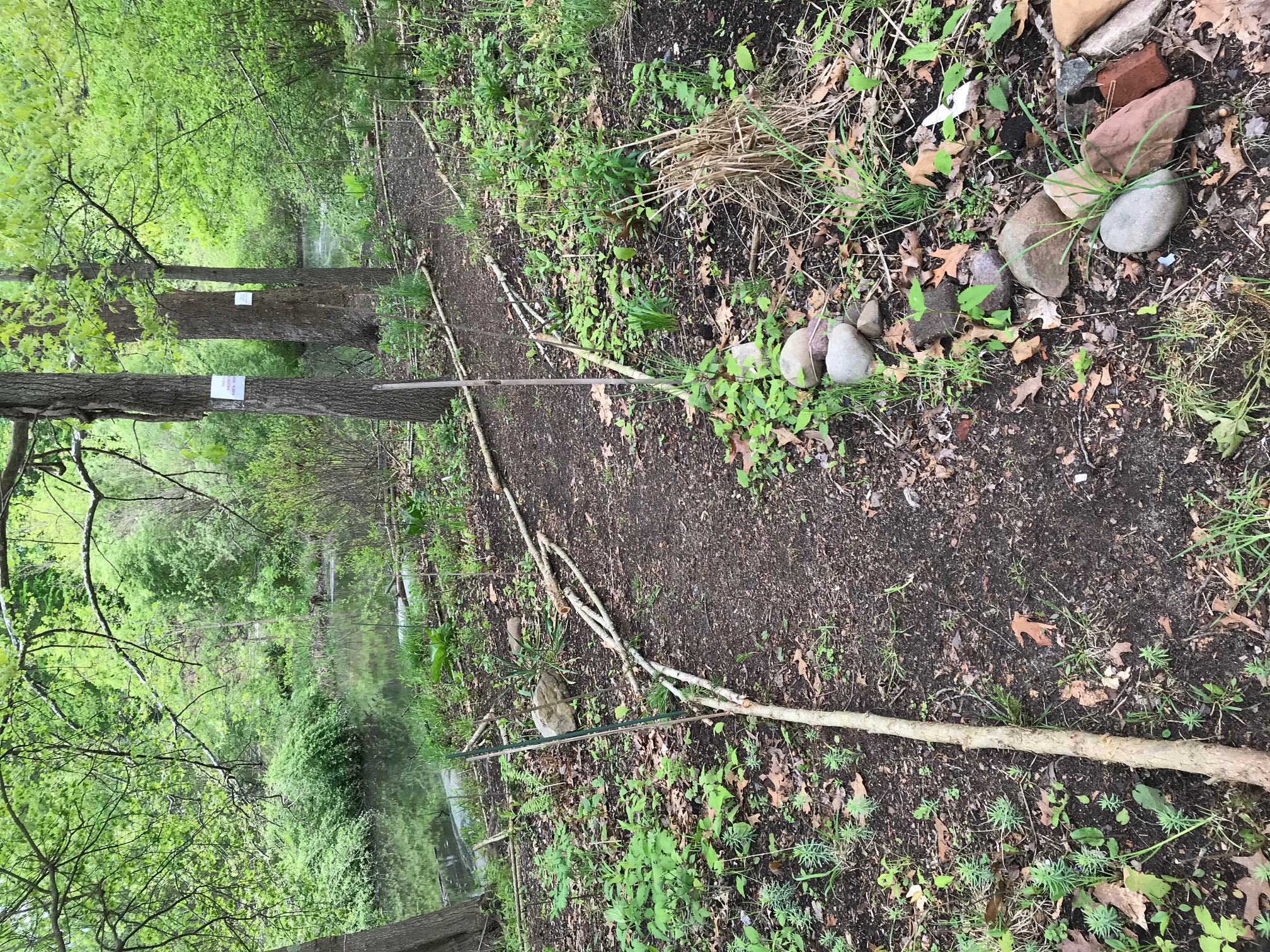 |
|||||||||||||||||||||||||||
  QRWA Pollinator HabitatThe QRWA Pollinator Habitat is a 50 x 50 area and totally dependent on volunteer support.In 2009 the aim of the project was to create a sanctuary for butterflies and bees - nature's pollinators and a key component to a healthy and sustainable food source. Due to drought, aggressive weeds, and lack of volunteers during the growing season the garden was revamped in 2017 to a pollinator habitat which more accurately reflects our original objective..It has taken volunteers over seven years to completely revamp the area as to what it is today. The habitat has been divided into sections and cared for and maintained by volunteer Certified UConn Advanced Master Gardener Becky Martorelli. The habitat now has a digital timer to water the plants, so they remain healthy and well hydrated for our pollinators. The revamping that took place from 2021 to 2023 has incorporated more than 120 native plants, has a defined pathway that is now wheelchair accessible and garden sections that volunteers can adopt to care for. Noteworthy are: QRWA was awarded monarch weigh station in 2010 Visitors to the habitat include: monarch, viceroy, painted lady, red admiral, black swallowtail, eastern swallowtail, Aphrodite fritillary, cabbage white, skippers, moths, and clearwing hummingbird moths tons and tons of honey and bumble bees wasps, dragonflies, damselflies, aphids, grasshoppers, crickets, ladybugs, spiders hummingbirds, goldfinch toads, turtle eggs has become its own little ecosystem Update Plant List of the fall of 2023: Bee Balm Common Milkweed Sedum Yarrow Catmint Bronze Fennel Lungwort Coneflower Goldenrod Phlox Blazing Star Anise Hyssop Wild Ginger
Special thanks to QRWA Member and Advanced Master Gardener Becky Martorelli, and Master Gardener volunteers for their continued support and dedication in the upkeep of the habitat. For more information or to volunteer contact Becky at (203) 213-4366. Becky has donated a mailbox at the entrance of the habitat where you will find visitor's guest book.  The habitat been divided into sections that have been cared for by Master Gardeners and volunteers who have adopted a section of the habitat. We also hope to install some type of watering system so that the plants remain healthy and well hydrated for our pollinators. We need volunteers for seasonal clearing and maintenance. Becky also coordinates summer interns to assist with on-going habitat and riparian buffer projects including the demonstration riparian buffer plantings initiated by Maloney High School students as part of our 3M Environmental Education program. The riparian buffer can be found along the shore behind the QRWA facility. Volunteers are needed seasonally for both the habitat and riparian buffer. Master's Project Inspires Habitat Our heartfelt thanks to CL&P and Yankee Gas Services for awarding a $2500 grant to QRWA to begin the habitat back in 2010, and to JoAnne Grabinski, for requesting the use of the grounds at the QRWA Headquarters to make the habitat for her masters project. The aim of the project was to create a sanctuary for butterflies and bees as they are nature's pollinators and a key component to a healthy and sustainable food source. Recently, honey bees have experienced Colony Collapse Disorder, or CCD, where the bees just leave the hive for no apparent reason. And that has a tremendous impact: no bees equals no pollination therefore no food.
|
|||||||||||||||||||||||||||
|

